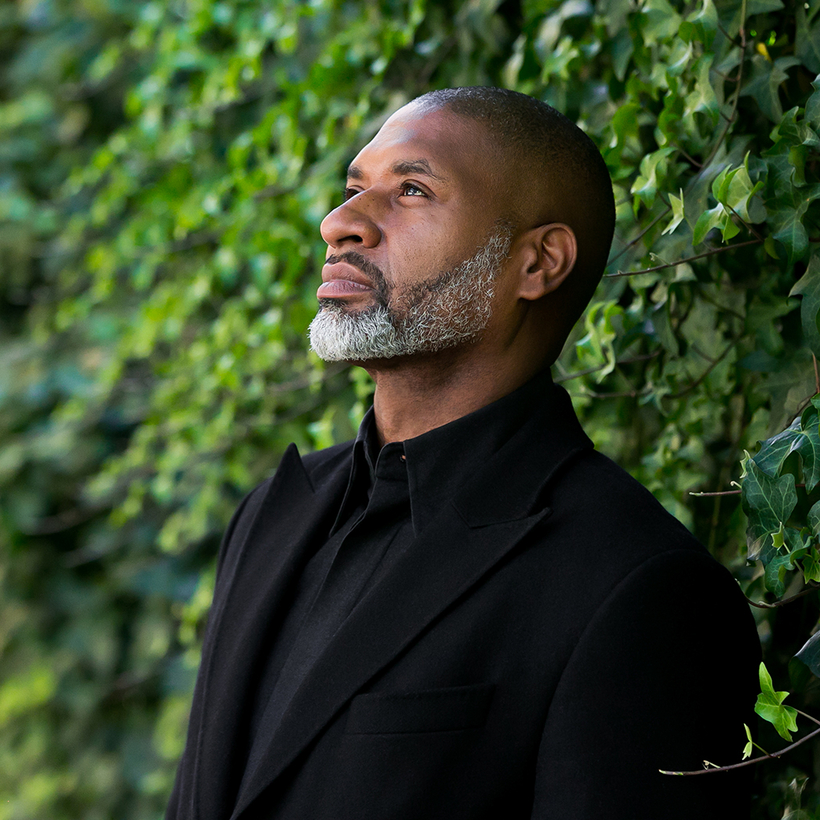Charles M. Blow’s columns for The New York Times are unfailingly smart and provocative, whether or not you agree with them. His ascent at the paper is unique, since he is the only graphics editor who evolved into a columnist. His first best-seller, Fire Shut Up in My Bones, has been turned into an opera that will open this fall at the Metropolitan Opera. His new book, The Devil You Know, is an impassioned plea for Black Americans to migrate from the North to the South, where, he argues, they have a better chance of effecting political change.
JIM KELLY: In your new book, you argue that the outrage following the murder of George Floyd last May evolved in many ways into a battle between white protesters and police over free speech and the right to assemble, leaving in the dust the main issue of state-sanctioned violence and injustice against Black people. Did this surprise you?

